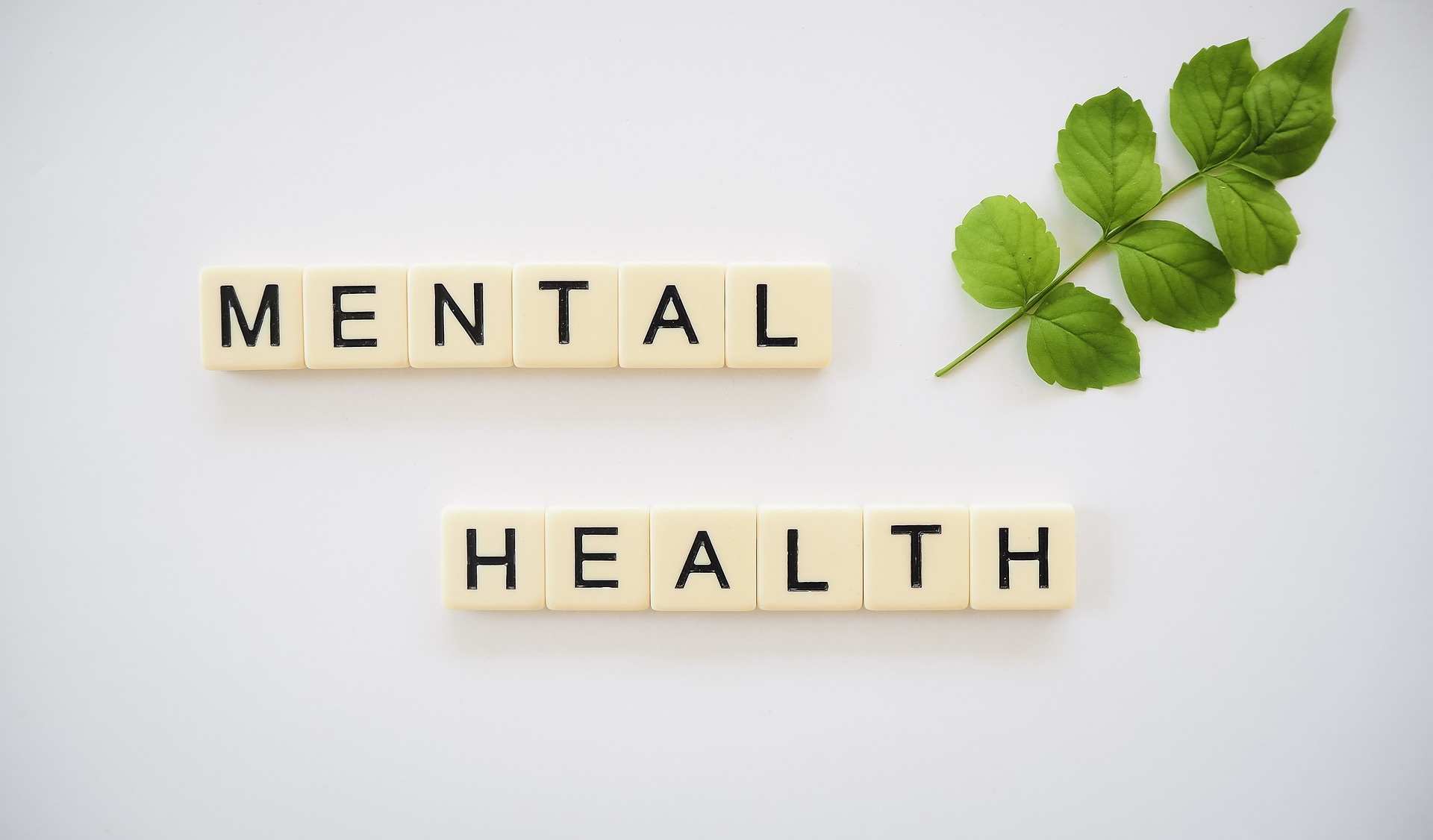How a Depression Test Revealed Insights I Never Expected
In today’s fast-paced world, more people are turning to tools that help them understand their emotional well-being. Simple online tests can reveal patterns we might overlook in daily life. The growing interest in these assessments is no surprise — the field offers excellent opportunities, flexible approaches, and relatively low stress. This article explores how one test opened my eyes to insights I never anticipated.

Mental health assessments have become increasingly accessible, yet many people approach them with apprehension or skepticism. My own experience with a depression screening tool opened my eyes to the complexity of mental health evaluation and the valuable insights these assessments can provide beyond a simple diagnosis.
Understanding Depression Tests and Their Purpose
Depression tests serve as standardized tools designed to evaluate symptoms, severity, and patterns associated with depressive disorders. These assessments typically include questions about mood, energy levels, sleep patterns, appetite changes, and cognitive function over specific time periods. The most commonly used instruments include the Patient Health Questionnaire-9 (PHQ-9), Beck Depression Inventory, and Hamilton Depression Rating Scale.
What surprised me most was discovering how these tests capture subtle variations in emotional experiences that I had dismissed as normal fluctuations. The structured approach helped identify consistent patterns that might otherwise remain hidden beneath daily routines and coping mechanisms.
My Unexpected Revelations Through Assessment
The screening process revealed several unexpected insights about my mental state and behavioral patterns. First, I discovered that my tendency to minimize emotional difficulties was actually a significant factor affecting my overall well-being. The test questions forced me to confront feelings and experiences I had been unconsciously avoiding or rationalizing away.
Another revelation came through recognizing the interconnected nature of physical and emotional symptoms. Questions about sleep quality, concentration difficulties, and energy levels highlighted connections I had never considered between my physical health and emotional state. This holistic perspective helped me understand that depression affects multiple aspects of daily functioning, not just mood.
The temporal aspect of the assessment also provided valuable insights. By examining symptom duration and frequency, I gained awareness of cyclical patterns in my emotional experiences that had previously seemed random or situational.
The Role of Self-Reflection in Mental Health Assessment
Self-reflection emerged as a crucial component of the testing process, extending far beyond answering questionnaire items. The act of honestly evaluating my thoughts, feelings, and behaviors required a level of introspection that proved both challenging and enlightening. This process helped me develop greater emotional awareness and vocabulary for describing my internal experiences.
The structured nature of depression tests provides a framework for self-reflection that many people lack in their daily lives. Regular self-assessment can help identify early warning signs of mental health changes and promote proactive approaches to emotional well-being. The questions serve as prompts for deeper consideration of how we truly feel, rather than how we think we should feel or how we present ourselves to others.
Through this reflective process, I learned to distinguish between temporary emotional responses to specific situations and more persistent patterns that might indicate underlying mental health concerns. This distinction proved valuable for understanding when to seek professional support and when to implement self-care strategies.
Professional Guidance and Follow-Up Considerations
While self-administered depression tests provide valuable insights, professional interpretation and follow-up remain essential components of comprehensive mental health care. Mental health professionals can help contextualize test results within broader life circumstances, medical history, and individual risk factors.
The screening results opened conversations with healthcare providers that might not have occurred otherwise. These discussions led to personalized recommendations for lifestyle modifications, coping strategies, and potential treatment options based on my specific situation and needs.
Professional guidance also helped me understand the limitations of screening tools and the importance of ongoing monitoring rather than relying on single assessment results. Mental health exists on a continuum, and regular evaluation helps track changes over time.
Implementing Insights for Long-Term Well-Being
The insights gained from depression screening translated into practical changes in my approach to mental health maintenance. I developed more consistent sleep hygiene practices, established regular check-ins with my emotional state, and created strategies for managing stress and negative thought patterns.
The experience also highlighted the importance of building support networks and maintaining open communication about mental health with trusted friends, family members, and healthcare providers. Breaking down the stigma around mental health discussions became a personal priority following my assessment experience.
Regular self-monitoring using validated screening tools has become part of my routine healthcare maintenance, similar to monitoring physical health indicators. This proactive approach helps identify potential concerns early and maintain awareness of my overall mental well-being.
Taking a depression test provided far more than diagnostic information—it offered a pathway to greater self-understanding and improved mental health awareness. The structured evaluation process revealed patterns and connections that transformed my approach to emotional well-being and highlighted the value of regular mental health assessment as part of comprehensive healthcare.
This article is for informational purposes only and should not be considered medical advice. Please consult a qualified healthcare professional for personalized guidance and treatment.




